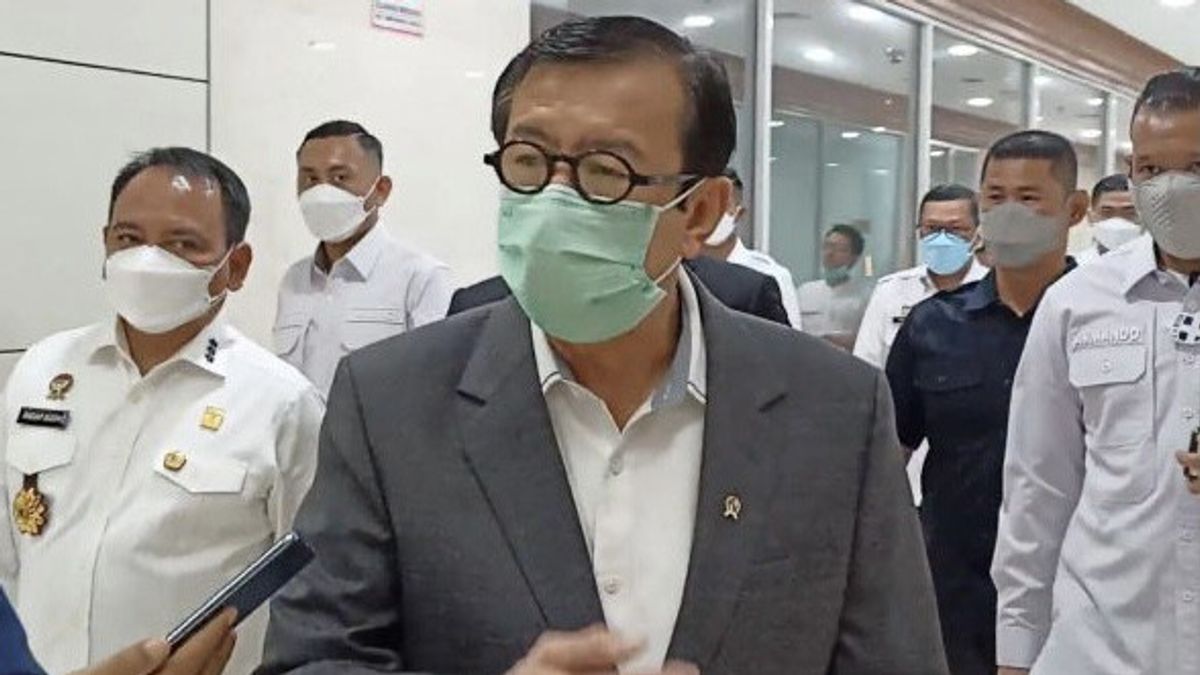JAKARTA - Minister of Law and Human Rights (Menkum HAM) Yasonna Laoly accelerated the process of ratification of the Indonesia-Singapore extradition treaty by continuing to communicate with the DPR so that it can be resolved immediately.
"The government will encourage the acceleration of the ratification process and we believe that all relevant parties will share the same view. Given the enormous benefits we will get in pursuing criminals," Yasonna said in a statement, Wednesday, February 2.
It is known that the Indonesia-Singapore extradition agreement was signed by Yasonna Laoly and Singapore's Minister of Home Affairs and Minister of Law K Shanmugam witnessed by President Joko Widodo (Jokowi) and Singaporean Prime Minister (PM) Lee Hsien Loong, in Bintan, Riau Islands, Tuesday, January 25, 2022. .
Yasonna explained that although the extradition agreement was signed together with the Flight Information Region (FIR) and Defense Cooperation Agreement (DCA), each agreement still has a separate negotiation flow and ratification process.
The Professor of Criminology at the Police Science College (PTIK) said that efforts to repatriate criminals who fled to Singapore or transited in Singapore so far failed because there was no bilateral agreement.
"It should be understood that so far, efforts to repatriate criminals who have fled to Singapore or transited in Singapore have failed because of the absence of a bilateral agreement," Yasonna said.
Yasonna explained that the extradition treaty is basically an agreement that regulates the procedure for surrendering a person who is suspected or convicted of committing a crime by a country to a country requesting surrender. The forms of crimes agreed to be used as the basis for extradition are also regulated in the agreement.
Not only that, Yasonna said the agreement was also dynamic because the two countries agreed to use the open ended principle in determining the types of criminal acts that could be extradited.
"According to the results of the agreement, the Indonesia-Singapore Extradition Agreement covers 31 (thirty-one) criminal acts. These include money laundering and terrorism financing crimes, as well as corruption," he said.
The English, Chinese, Japanese, Arabic, and French versions are automatically generated by the AI. So there may still be inaccuracies in translating, please always see Indonesian as our main language. (system supported by DigitalSiber.id)










